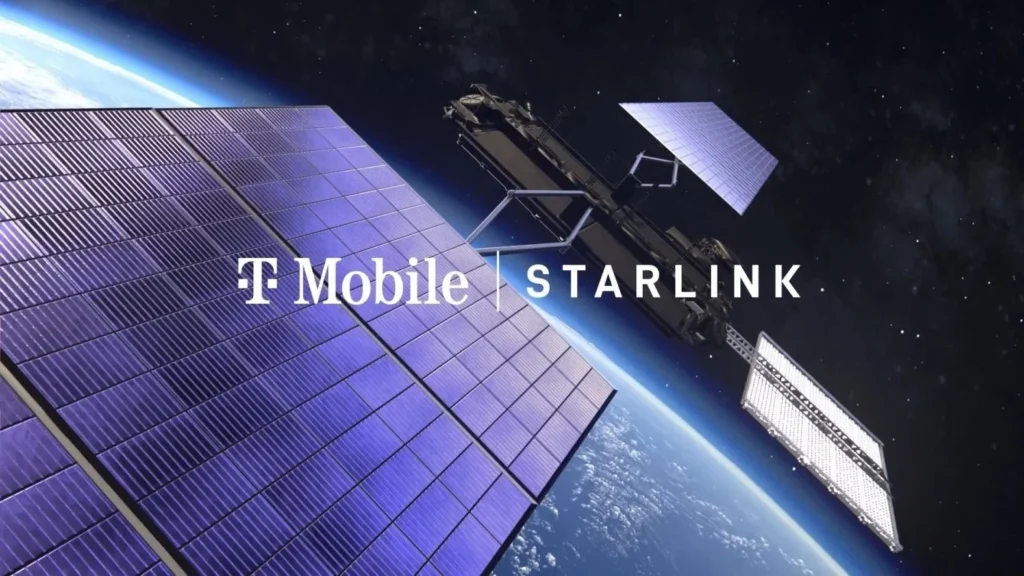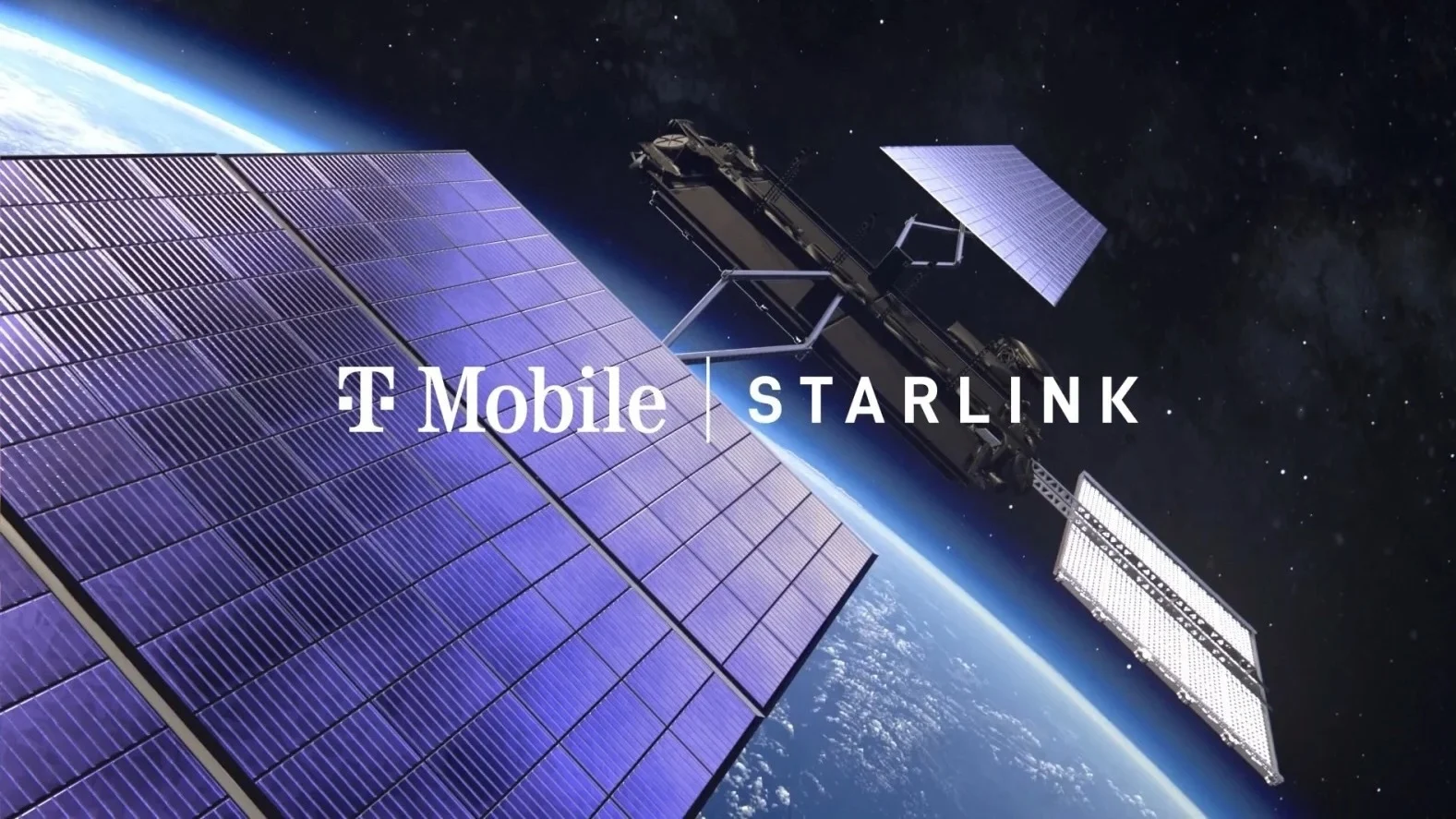In a bold move shaking up the global tech landscape, T-Mobile has slashed the price of its Starlink-powered T-Satellite service to just $10 per month, down from a previously announced $15-$20 range. This strategic price cut, set to take effect with the service’s commercial launch in July 2025, positions T-Mobile as a frontrunner in the rapidly intensifying satellite connectivity market. Partnering with SpaceX’s Starlink, T-Mobile is leveraging over 550 satellites to deliver texting capabilities to standard smartphones in remote areas, even where traditional cell towers don’t reach. But why now, and what does this mean for you?

Why T-Mobile’s Price Drop Matters
The decision to lower T-Satellite’s price comes as competitors like Verizon and AT&T ramp up their own satellite services with partners such as AST SpaceMobile. T-Mobile’s CEO, Mike Sievert, announced during the Q1 2025 earnings call that the $10 price point reflects strong customer demand, including interest from rival carriers’ users. This isn’t just about texting in the wilderness—it’s about redefining connectivity for rural communities and travelers worldwide. Imagine sending a message from the Grand Canyon or a remote Alaskan village without relying on spotty cell service. T-Mobile’s making that a reality.
Moreover, premium plan subscribers, like those on Go5G Next and Experience Beyond, will enjoy T-Satellite for free, sweetening the deal. For others, including Verizon and AT&T customers using eSIM-compatible phones, the $10 fee is a steal compared to traditional satellite phone costs. This democratization of satellite access could spark a connectivity revolution, especially in underserved regions.
The Satellite Internet Race Heats Up
The timing of T-Mobile’s price cut is no coincidence. The satellite internet market is exploding, with SpaceX’s Starlink leading the charge by operating over 7,000 satellites. However, competitors are closing in. Amazon’s Project Kuiper, despite a delayed launch in April 2025 due to weather, aims to challenge Starlink’s dominance with its own low Earth orbit (LEO) network. Meanwhile, Verizon and AT&T are testing direct-to-cell services, signaling a fierce battle for market share. T-Mobile’s aggressive pricing undercuts these rivals, potentially luring customers seeking affordable, reliable connectivity.
This race isn’t just about who has the most satellites—it’s about integration. T-Mobile’s T-Satellite works seamlessly with modern smartphones like the iPhone 14, Galaxy S24, and Pixel 9, requiring no extra hardware. In contrast, some competitors’ solutions may demand specialized devices or certifications, creating barriers. By simplifying access, T-Mobile is betting on mass adoption.
Challenges and User Experiences
Despite the hype, T-Satellite’s beta phase has faced hiccups. Some users, like a Reddit poster who tested the service in Death Valley, reported unreliable texting despite strong satellite signals. While Apple’s Globalstar-powered iPhone satellite messaging worked flawlessly in similar conditions, T-Mobile’s service struggled. These early kinks highlight the challenges of scaling satellite-to-cell technology. However, with the full launch approaching, T-Mobile and SpaceX are likely fine-tuning the system to ensure reliability.
On the flip side, the potential is enormous. T-Satellite could be a lifeline in emergencies, enabling texts from disaster-struck areas or remote hikes. As SpaceX plans to expand Starlink’s capabilities to voice and data, T-Mobile customers might soon stream Netflix from a mountaintop. For now, the focus remains on perfecting texting, but the future looks boundless.
What’s Next for Global Connectivity?
T-Mobile’s price slash is more than a discount—it’s a statement. By making satellite connectivity affordable and accessible, the carrier is challenging the status quo and pushing the industry toward a future where dead zones are history. This move aligns with global trends, as countries like Nigeria and India see Starlink’s rapid adoption for reliable internet. Could T-Mobile’s model inspire similar partnerships worldwide? Only time will tell.
For consumers, the benefits are clear: cheaper access to cutting-edge tech, enhanced safety, and the freedom to stay connected anywhere. As competition heats up, expect more innovations and price wars, ultimately putting power in users’ hands. Whether you’re a tech enthusiast, a rural resident, or an adventure seeker, T-Mobile’s T-Satellite is a game-changer worth watching.
Join the Connectivity Revolution
Ready to explore T-Mobile’s T-Satellite? Visit T-Mobile’s official site for details on compatible plans and devices. Curious about Starlink’s broader impact? Check out SpaceX’s Starlink page for updates on their global network. Stay tuned to GTPulse for the latest on satellite internet, AI, and tech trends reshaping our world.

